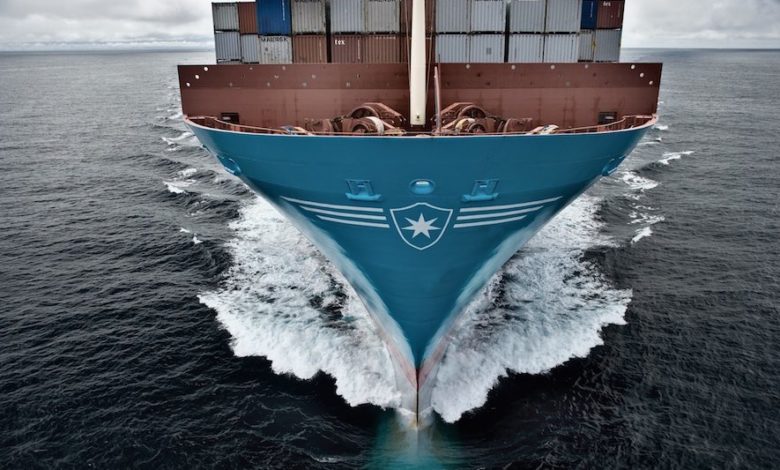Fundamentals of shipping are changing, warns Danish shipowners boss

At a press briefing this morning Anne Steffensen, director general of the Danish Shipowners’ Association, set the scene for the keenly anticipated third annual Danish Maritime Forum set to kick off at lunch time today in Copenhagen.
“It’s no secret that most of the industry is in some sort of crisis,” the former ambassador said, not mincing her words. “This time it is maybe more than cyclical,” she added, “Some of the fundamentals for shipping are changing.”
Global trade will not double by 2030 as she and the other organisers of the event originally thought at the first forum back in 2014.
The three main challenges at the forefront of discussions at this year’s forum are likely to be led by new disruptive technologies that are coming faster than anticipated. Low production costs are seeing production taken back from Asia to Europe, Steffensen noted.
Secondly, the forum will look at economic challenges. The fundamentals of the global economy are changing with the DSA boss observing that the age old link between GDP growth and world trade has broken.
The third theme up for discussion will be political challenge led by the growing anti-globalisation movement.
Steffensen questioned governments intervening in shipping such as certain Asian nations pushing subsidies to scrap ships then dishing cash to owners to fund new ships.
For his part, Flemming Jacobs, the head of organisers Danish Maritime Days, told Splash that he hoped the forum would see a call from participants for a continuation of what has been created over the past three years, Jacobs maintaining the high caliber and participatory nature of the conference was unique among the busy maritime events calendar. The Danish government promised to fund the show for an initial three years and it remains unclear what will happen in 2017 and onwards.
Splash will be reporting from Copenhagen all week.
